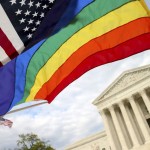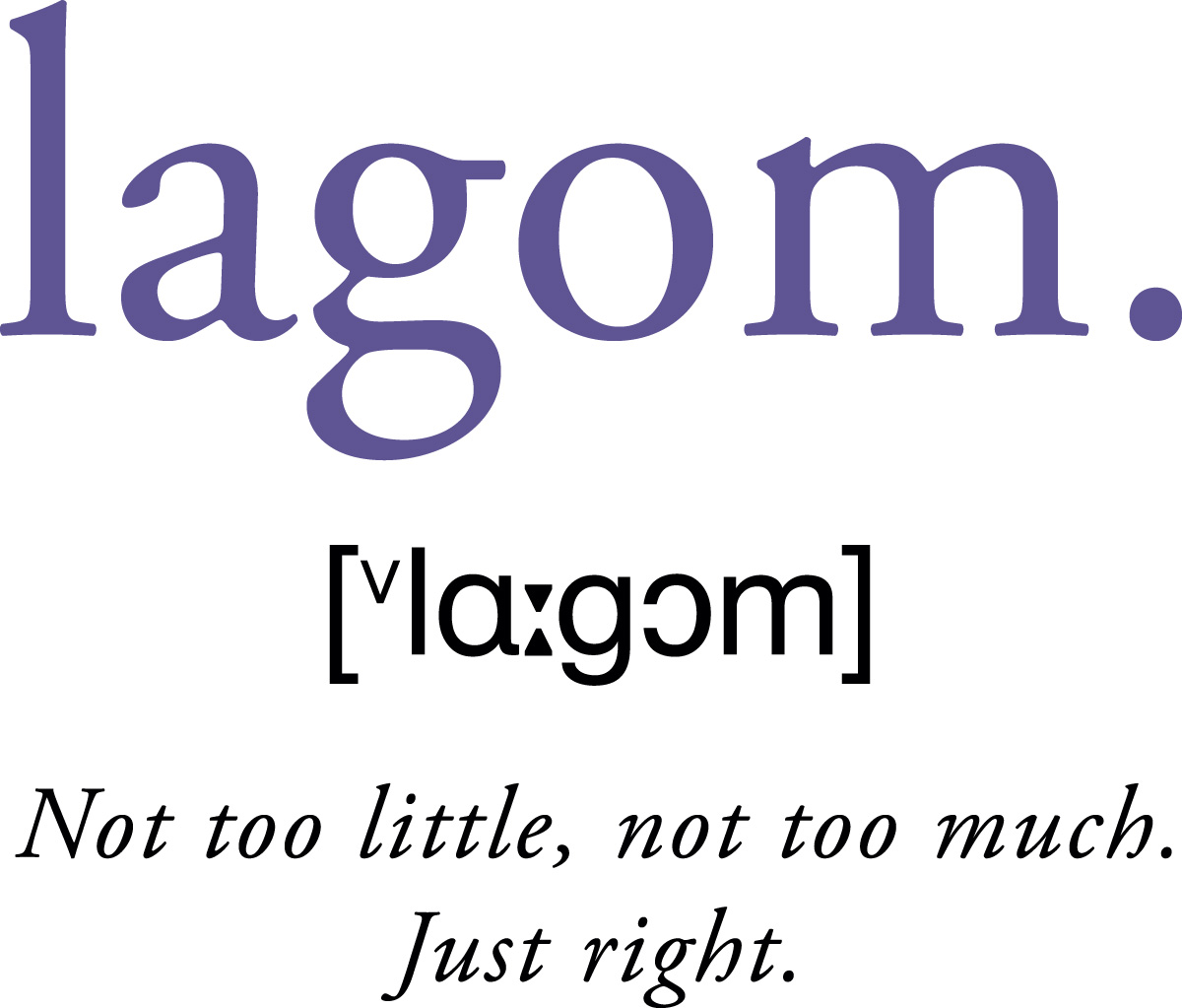
Finally, it must be emphasized that religions, and those who adhere to religious doctrines, may continue to advocate with utmost, sincere conviction that, by divine precepts, same-sex marriage should not be condoned. The First Amendment ensures that religious organizations and persons are given proper protection as they seek to teach the principles that are so fulfilling and so central to their lives and faiths, and to their own deep aspirations to continue the family structure they have long revered. Emphasis added by meFor those who haven’t read the First Amendment, I quote:
Congress shall make no law respecting an establishment of religion, or prohibiting the free exercise thereof Emphasis added by meYou note the same difference as I do? The Bill of Rights gives the opportunity to exercise religion, while SCOTUS now limits it to advocate and teach. There is a big difference between exercise and advocate. Does that mean that one now has only the right to say that same sex marriage is not allowed, but cannot act anymore on his beliefs? What about the christian bakery that refuses to make a cake with two kissing men on it for a gay wedding? They are exercising their fate, not only advocating it. In a country where everybody runs to court and legal precedents are important in the judicial system, this would mean that this bakery is fined. What about churches themselves? Are they have to go to court when they refuse to marry two lesbian women before their altar? Maybe they could lose some priviliges when condemned by court, like their tax-exempt? Third concern: polygamy is allowed (again)? Being a mormon, asking this question will raise some eyebrows, I guess. No, I am not advocating polygamy. As said before, I have my hands full with one wife. But in the dissent opinion, chief justice Roberts wrote that when the court’s decision is to ban the word “gender” in the definition of marriage, the number two is more easily to be banned. Pure logically it is a bigger step from man-woman marriage to same sex marriage than it is from one-one to one-many. The last one is already mentioned in the Bible and being practised in many cultures. Doesn’t this prove that this SCOTUS ruling is more making law than interpreting, because they seem to follow people’s opinion on redefining marriage? It seems to me that with this ruling, the US is on a slippery slope of undermining its own foundations concerning religious freedom. Religious freedom is under attack worldwide; terrorism isn’t helping and where needed, nations such as the US undermine this freedom from within its own borders. If someone may question why I am member of a Latter-Day church, you may part of the answer in thinking about my questions and concerns…
Ontdek meer van GeensZins
Abonneer je om de nieuwste berichten naar je e-mail te laten verzenden.








